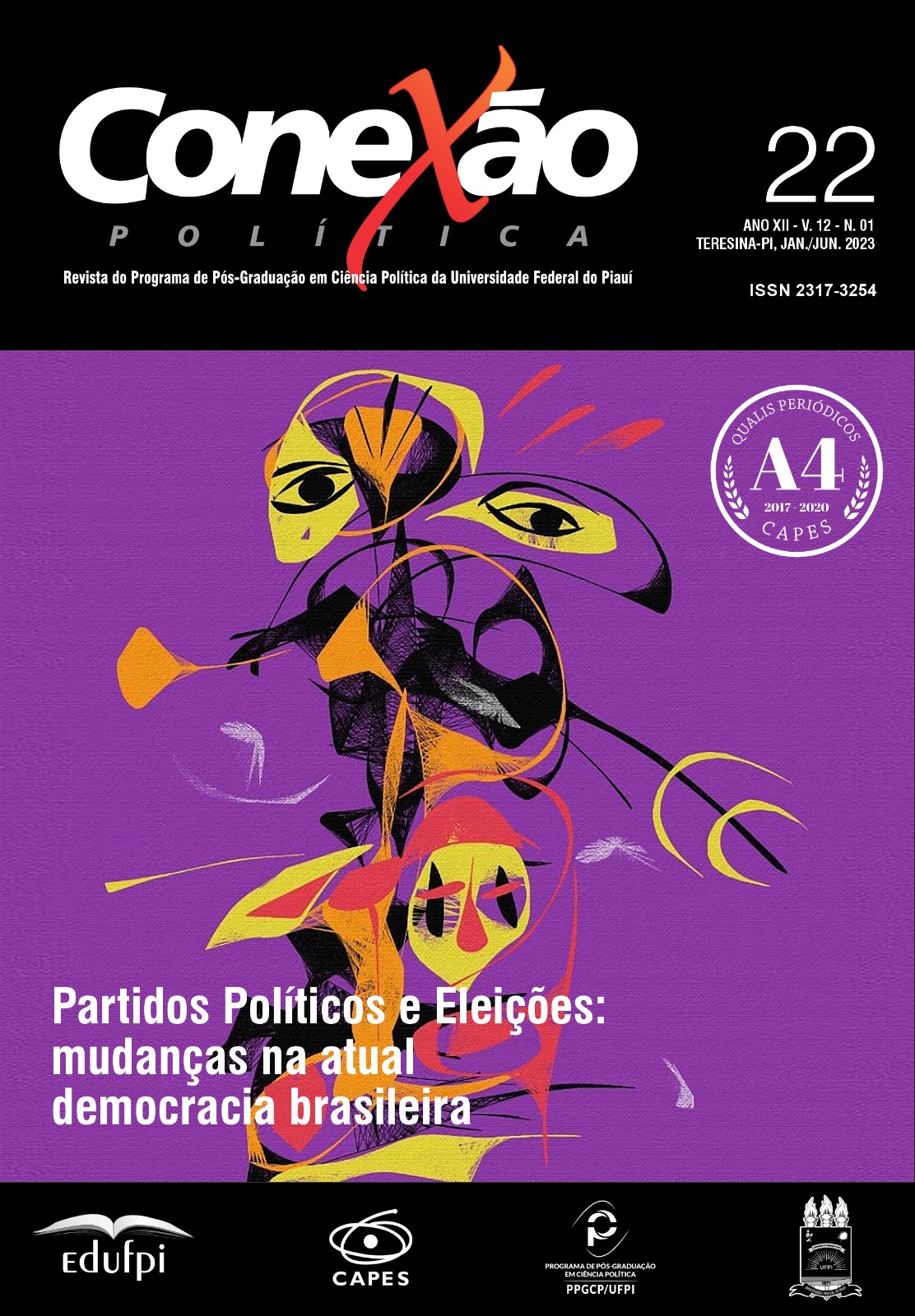COALITION PRESIDENTIALISM
AN ANALYSIS OF THE CONSONANCE OF THE IDEOLOGY OF THE CONSTITUTIONAL AMENDMENTS AND PRESIDENTS AFTER THE 1988 CONSTITUTION
DOI:
https://doi.org/10.26694/2317-3254.rcp.v12i1.5629Keywords:
Coalition presidentialism, Constitutional amendments, Parties' manifestos, “Left”, “Right”Abstract
This research was dedicated to investigate the effective existence, in the Brazilian reality, of the assumptions of coalition presidentialism, defined by Abranches (1987) as a form of exercising power in which the party of the elected Chief Executive ordinarily does not reach a parliamentary majority, needing to make alliances with other parties to enable governability. To achieve this purpose, the possible political contents established by the Manifesto Research Group (WERNER; LACEWELL; VOLKENS, 2015) were classified, in the light of the theory built by Bobbio (2011), as “left-wing”, “right-wing” or “indeterminate”. Soon after, the amendments to the Constitution (BRASIL, 1988) that also had their content classified as “right-wing”, “left-wing” or “indeterminate” were analyzed in accordance with the same parameters, so was the content of the parties' manifesto in force when the heads of the executive branch who took office after the promulgation of the Constitution (BRASIL, 1988) were elected. The proportion of “left-wing” or “right-wing” (TAROUCO and MADEIRA, 2013) content of the constitutional amendments of each mandate was quantified and compared with the same proportion measured in the political content of the party manifestos. We observed a proximity between the proportions of “left-wing” and “right-wing” content found in the constitutional amendments issued in the periods corresponding to each mandate and in the parties' election manifestos until 2018, with the result referring to the Bolsonaro government being an exception. It was confirmed the hypothesis that there is interference of the Chief Executive in the National Congress as a probable fruit of coalition formation.Downloads
Published
2023-01-23
How to Cite
BARROS DE OLIVEIRA, Lucas; GASPAR MELQUÍADES DUARTE, Luciana; ROTMEISTER DELGADO, Gabriel. COALITION PRESIDENTIALISM: AN ANALYSIS OF THE CONSONANCE OF THE IDEOLOGY OF THE CONSTITUTIONAL AMENDMENTS AND PRESIDENTS AFTER THE 1988 CONSTITUTION. Conexão Política, [S. l.], v. 12, n. 1, p. 148–181, 2023. DOI: 10.26694/2317-3254.rcp.v12i1.5629. Disponível em: https://periodicos.ufpi.br/index.php/conexaopolitica/article/view/5629. Acesso em: 28 feb. 2026.




